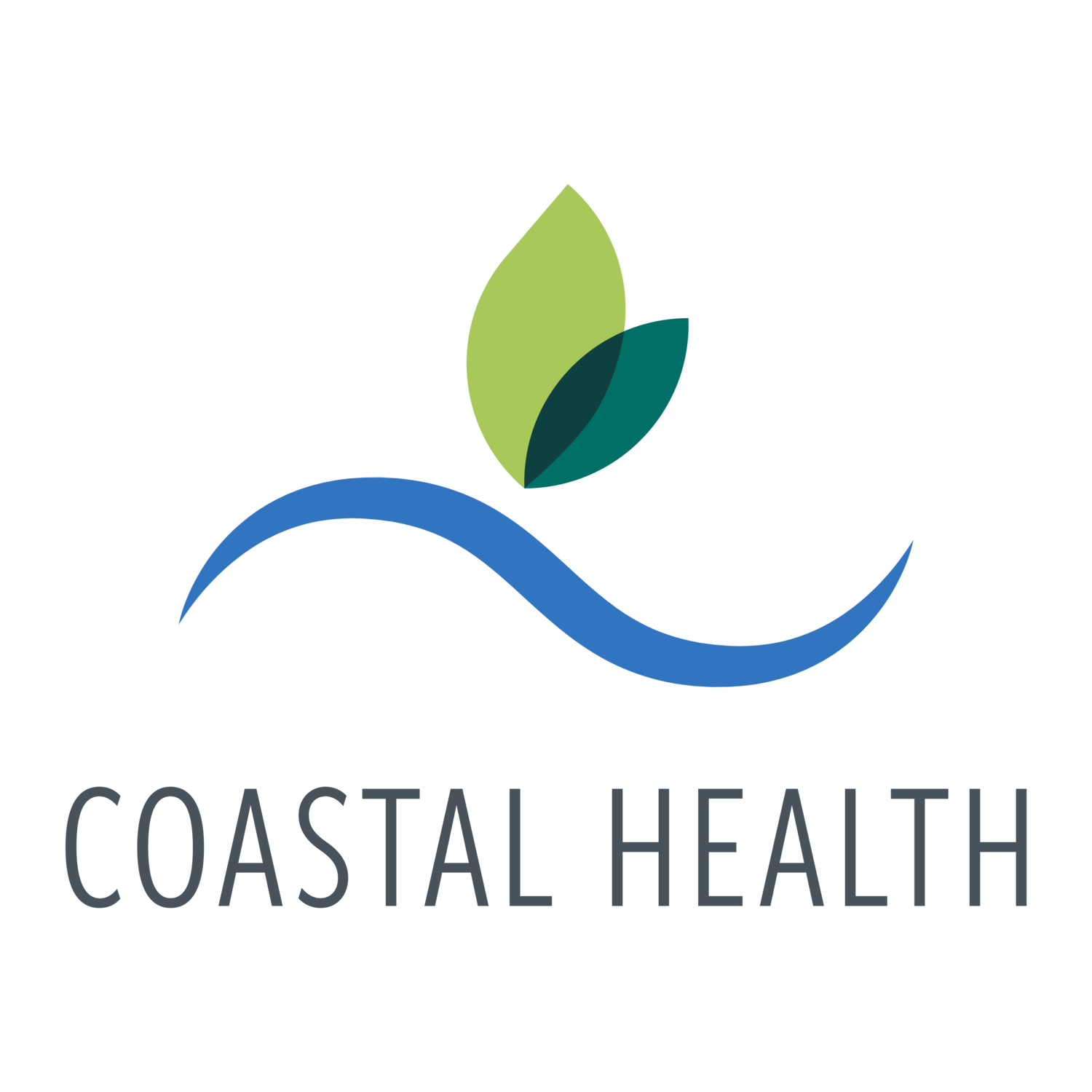
Professional Development Opportunity
An Introduction: To the Politics, Ethics & Practice of Narrative Therapy
When: 9-12pm Friday October 15th, 2021
Where: In-person at Paul Reynolds Community Room (all Covid-19 regulations apply).
Cost: Please note this is a not-for-profit event. $35 per practitioner covers room and facilitator expenses.
(Please contact Coastal Health if the fee is a barrier to your attendance.)
We will be updating lunch options when formalized for an optional 12-2 pm networking opportunity.
WORKSHOP DESCRIPTION
Narrative therapy is viewed as a collaborative and non-pathologizing approach to counselling and community work that centres people as the experts of their own lives. Narrative therapy is based on the belief that people make meaning of their lives through stories. The stories people live by are not a mirror of a person’s life but are actually shaping of people’s lives and identities. But stories are never neutral; and are understood to be influenced by the broader context – particularly in the various dimensions of class, race, gender, sexual orientation and ability. This workshop is for people who have heard of narrative therapy but have not been introduced to its collaborative, respectful and socially just ways of understanding people and problems. By refusing to locate problems inside of people, and by always seeing problems in the broader cultural context in which these problems were produced, narrative therapy stands against the individualizing and pathologizing of people’s suffering. The intention of this workshop is to offer participants a taste of the politics and ethics that guide narrative therapy practices, and to consider how/in what ways these values and ethics fit and/or don’t fit with their own values, ethics and preferred ways of being in this work (and in life).
The workshop will cover:
• The theoretical framework that underpins narrative therapy.
• The ways stories shape our lives. Participants will be invited to consider a story (or description of them) that has been told about them more than a few times, to consider the effects of this story/description on their lives, and to take a position on what authority they want this story to have going forward.
• Deconstructing ‘discourses’ or common cultural understandings which may be linked to ‘totalizing’ identity conclusions (eg. “I’m a troublemaker”). The broader socio-political context which may be implicated in the production of these totalizing identity conclusions will be discussed, and how these can be deconstructed through intentional lines of inquiry.
• The narrative practices of Externalizing and Re-authoring. Participants will have an opportunity to try out these ideas/practices in small groups.
• The Statement of Position Map (SOPM) and its use in externalizing a problem and exploring a person’s preferred relationship with a problem.
ABOUT THE PRESENTER:
Amy Druker (she/her) first met Narrative ideas a decade ago when she was working as a harm reduction outreach worker with pregnant people in downtown Toronto. At the time, the idea of working as a therapist wasn’t on Amy’s radar. In 2011, at her first Narrative Therapy workshop on collective Narrative practice, Amy felt she had finally found a language for the work she had already been doing in community. Amy recognized a strong alignment between the politics and ethics of a harm reduction approach and Narrative Therapy. Both worldviews take into account the social and political context that can give rise to problems (like the opioid crisis). Harm reduction recognizes that our drug laws, which deny people access to a safe drug supply and criminalize people who use drugs, are largely responsible for the harms that come to people who use illicit drugs. In this way, harm reduction, like Narrative Therapy refuses to locate problems inside of people, recognize people as the experts of their own lives


![biopic[14560].jpg](https://images.squarespace-cdn.com/content/v1/5f29ea9d7844f85de33dc89c/1632501616481-YZNROQY7NYN7R84G4LST/biopic%5B14560%5D.jpg)